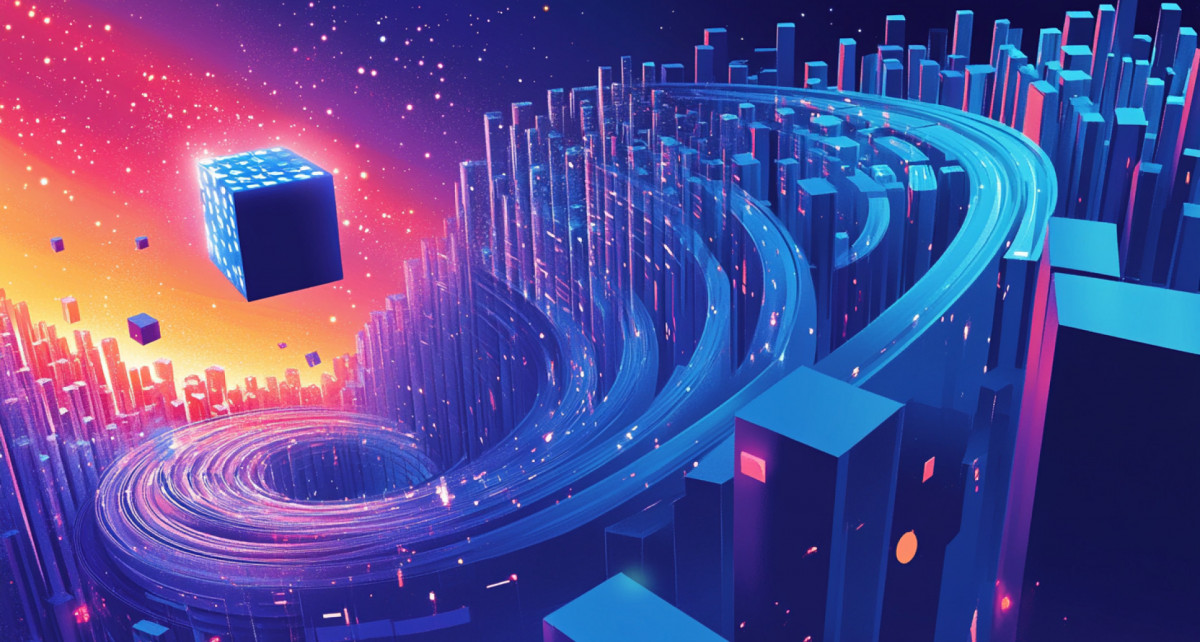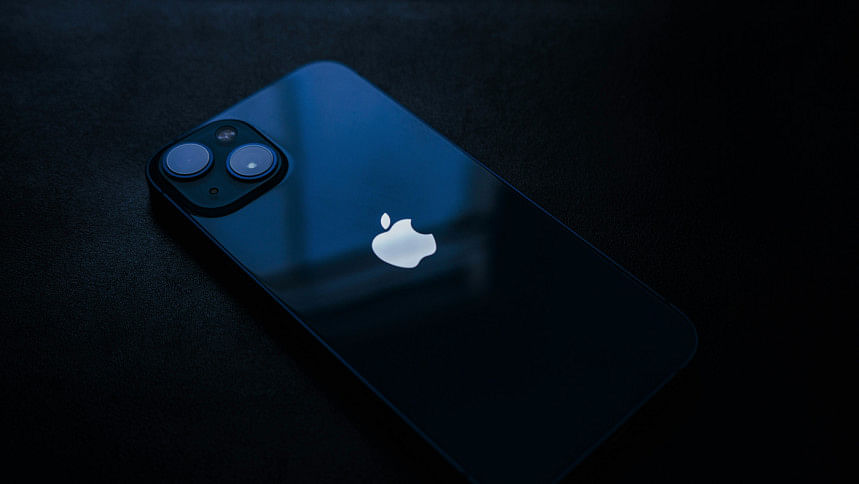
The world has changed since ChatGPT launched in November 2022. Contrary to fears of an Artificial Intelligence (AI) takeover, humans and this new technology are finding ways to coexist peacefully and productively. ChatGPT, which reached 100 million active users by January 2023, began a global AI race, catching tech giants like Google and Meta off guard.
In response, Google launched Gemini, Microsoft introduced Copilot, and Meta integrated its AI tools across its platforms. Today, AI is everywhere — embedded in apps, smartphones, and gadgets — impacting how people work and live. Before becoming mainstream, there was the talk of human-led jobs becoming redundant because of smarter and faster algorithms.

However, reality has taken a different turn as humans are increasingly integrating AI into their work processes, doing more and delivering more efficient and effective results. Read also: Nigeria taps artificial intelligence to accelerate growth “AI is influencing everything. It has become an important aspect of how we work and interact.
It is important that everyone knows how to do this,” said Ola Williams, country manager for Microsoft Nigeria, during an AI training for journalists. At the start of 2024, the International Monetary Fund (IMF) noted that AI would affect almost 40 percent of jobs globally, replacing some and complementing others. “We are on the brink of a technological revolution that could jumpstart productivity,” it stated.
This prediction is playing out in 2024 as workers across industries are leveraging AI tools to drive productivity. Adecco Group’s annual global workforce study of more than 30,000 employees across 23 countries revealed a 70 percent adoption rate of AI in today’s workplace. “I use AI for ideation and streamlining my work.
It makes me write and analyse faster, and it helps with Excel as I no longer have to Google-search for formulas,” Oladayo Adenubi, a financial analyst, shared. “I can do a whole academic research work in a day,” he added. According to Google, searches in Nigeria for ‘What is AI?’ increased by 30 percent in 2024, while searches for ‘How to use AI’ increased by 40 percent.
Lanre Basamta, co-founder and chief executive officer (CEO) of Optimus AI Labs, dismissed fears of AI replacing human jobs. “AI will not take away jobs. Instead, those equipped with AI skills will take them,” he said.
Although Goldman Sachs projected that up to 300 million full-time jobs could be replaced by AI-powered applications, a recent report on the Harvard Business Review noted that customer support agents using AI tools saw a nearly 14 percent increase in their productivity. Andrew Ng, founder of DeepLearning.AI, chairman, and co-founder of Coursera, said, “Already today, every knowledge worker can get a meaningful productivity boost by using generative AI.
” AI has improved Lesi Nwisagbo, a content strategist, writing. “I use AI tools like ChatGPT and the others to brainstorm, get the first draft, and then sit down to fine-tune as I deem fit. It saves me a lot of time and effort.
That way, I get to do more each day,” she said. For Adewunmi Adewolu, an accountant, AI has helped make her emails more professional and grammatically correct. “I use ChatGPT to rephrase the emails in a more professional way.
I also used it to get ideas for a Finance SOP (standard operating procedure). “Sometimes, I ask random questions related to accounting and finance because I don’t know everything, and those related to complex tech terminologies that I don’t understand,” she added. Read also: Artificial Intelligence adoption will transform African insurance industry Onifade Writers like Mary-Jane Masodi are using AI tools to enhance their personalisation: “Responses are fast, and I only need to tailor and double-check the response.
” Google estimates that increased AI adoption will contribute an additional $15 billion to Nigeria’s economy as individuals and businesses achieve more with AI-powered tools. Beyond individual workers, businesses in Nigeria are increasingly exploring AI’s potential like their foreign counterparts. A PricewaterhouseCoopers survey recently revealed that 73 percent of US companies have already adopted AI in some aspect of their business.
Media companies like Techpoint use AI— with PointAI as the byline— to draft press releases, allowing journalists to focus on more impactful stories. Agritech firm Crop2Cash leverages generative AI to democratise access to agricultural knowledge. Smallholder farmers can now call a toll-free number, 24/7, to receive real-time, personalised advice in their local languages due to the firm’s AI capabilities.
Olumide Balogun, West Africa director at Google, emphasised that AI ‘s potential to create opportunities will continue to usher in waves of innovation, and social and economic growth. Nigeria also intends to tap into AI’s potential, with its draft AI strategy outlining plans to equip 70 percent of its young workforce (aged 16 – 35 years) with AI-related skills and knowledge to reduce unemployment by five percentage points. Challenges and Ethical Concerns However, alongside opportunities come challenges and ethical concerns.
Bernice Adeoti, a human resource expert, emphasised the need for caution. “There needs to be a line in terms of what AI can be used for and not. In my industry, there are trade secrets and what can be public knowledge, for instance, and using AI for certain stuff can be a breach,” she said.
Experts predict that caution will continue to guide AI adoption, with fully AI-generated content being labelled for transparency. Also, increased adoption of AI raises the risk of cyber-attacks. “We’ve got a big privacy problem as our economy becomes increasingly digital,” said Marco Iansiti, a Harvard Business School professor.
“And interestingly, in some ways, the privacy and the cybersecurity problems are becoming increasingly tied together because one of the big challenges with data isn’t necessarily what the company will do on purpose, but what some rogue agents might do as they get in on the company’s networks from the outside illegally and start pilfering all kinds of personal data that they might use in all kinds of nefarious ways.” Moreover, much of AI’s current applications are still text-based, limiting its impact across various industries. Nigeria also faces significant digital infrastructure gaps that may hinder large-scale AI adoption.
Read also: Adopting quantum computing and artificial intelligence (AI) into Nigeria’s technology ecosystem “Nigeria aspires to be a global leader in AI, but achieving this vision requires a foundational infrastructure for AI and other emerging technologies,” the country’s AI policy document read. “This pillar addresses building affordable and localised infrastructure foundations and the compute capacity to support the thriving AI ecosystem in Nigeria.” Despite these challenges, the adoption of AI in Nigeria is expected to grow further in 2025.
According to Google, “74 percent of online adults in Nigeria think it is very likely they will explore more AI-powered tools in the next year.”.















